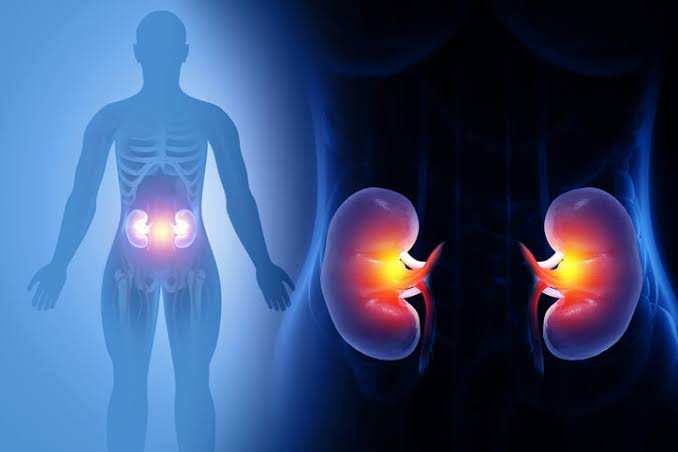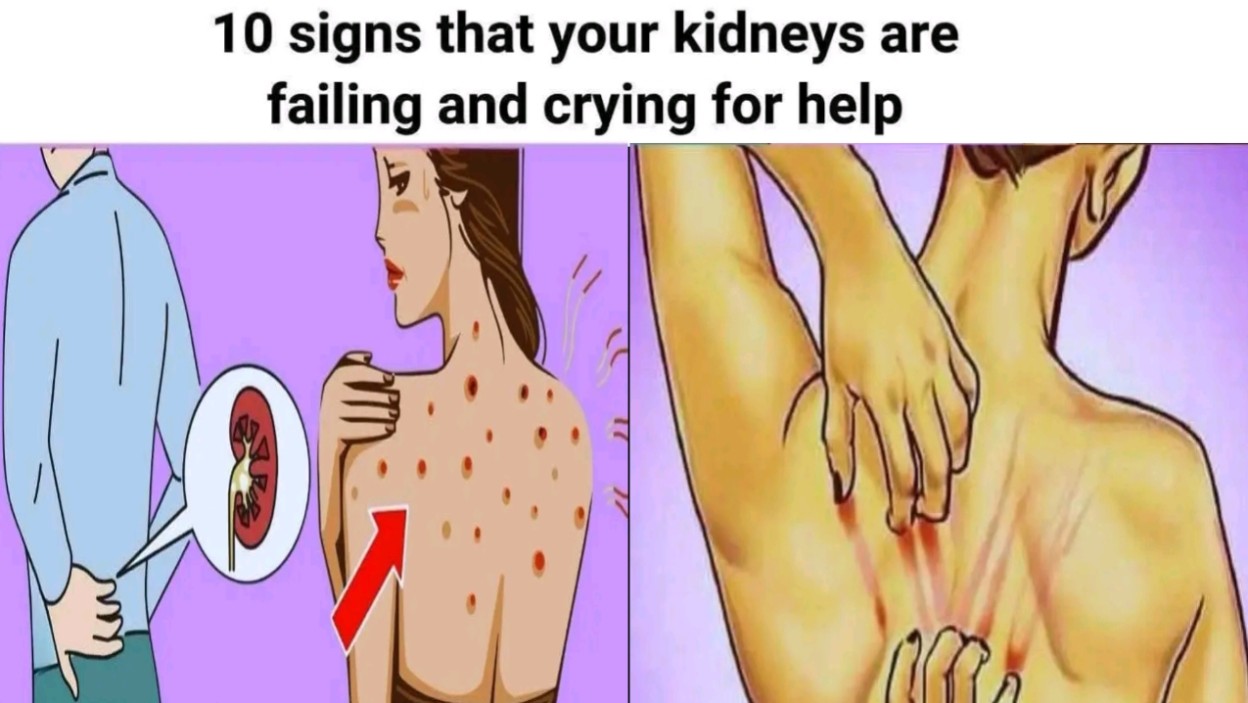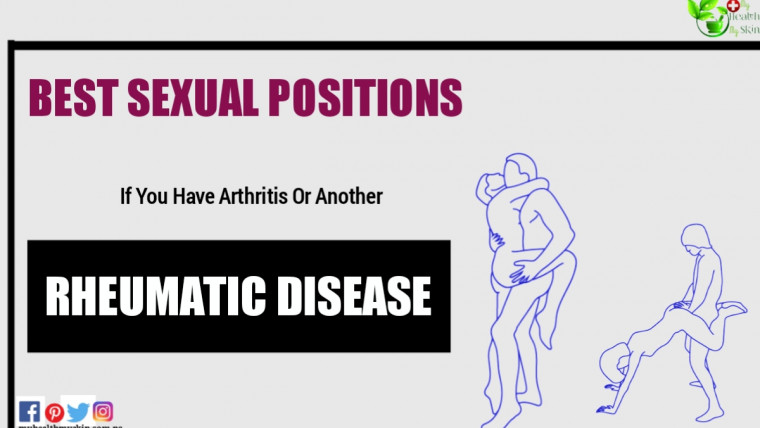Kidney disease is a widespread and serious health issue that impacts millions globally, occurring when kidney damage impairs their function. These vital organs regulate fluid balance, electrolytes, and waste removal from the blood. Prompt detection and treatment are crucial to prevent progression and complications. Fortunately, the body often sends warning signs of potential kidney problems. Being aware of these signals and seeking medical attention can make a significant difference in addressing the issue early on.
The Vital Role of Kidneys in Your Body

Kidneys are vital organs, bean-shaped and compact, positioned alongside the spine beneath the ribcage, that perform a range of critical functions. They cleanse the blood of toxins and excess fluids, regulate blood pressure, facilitate red blood cell production, and balance essential electrolytes like sodium, potassium, and calcium. Healthy kidneys can filter an impressive 120-150 quarts of blood daily, resulting in the production of 1-2 quarts of urine. (1)
What is Kidney Disease?
Kidney disease, or renal disease, arises when the kidneys are damaged and can’t function properly. Various factors contribute to kidney disease, such as hypertension, diabetes, infections, autoimmune disorders, and genetic predispositions. If left unchecked, kidney disease can worsen, potentially leading to kidney failure, which may require dialysis or transplantation. Timely diagnosis is essential to halt disease progression and effectively manage the condition.
Signs Your Body Is Warning You About Kidney Health
Kidney disease can be stealthy, often going undetected until it reaches an advanced stage. However, the body typically sends out distress signals when the kidneys are struggling. By recognizing these warning signs, you can consult your healthcare provider and potentially address the issue before it escalates. Here are key signs that your kidneys may be at risk. (2, 3, 4)
Itchy skin
When kidney function is impaired, waste buildup in the bloodstream can trigger persistent itching, often felt all over the body. The severity and progression of kidney disease can influence the symptoms, making each person’s experience unique. If you’re experiencing unexplained itching or other concerning symptoms, seeking medical attention is crucial for accurate diagnosis and effective treatment.
Changes in urination
Kidney problems can reveal themselves through subtle changes in urination habits. Keep an eye out for unusual patterns, such as more frequent urination, particularly waking up multiple times to pee, decreased urine output, foamy or bubbly urine. These changes might signal kidney issues, so it’s a good idea to consult a healthcare pro if you notice anything unusual!
Muscle cramps and twitching
Kidney problems can lead to electrolyte disruptions, causing muscle cramps, spasms, and twitches due to low levels of essential minerals like potassium and calcium. These muscle issues might be an early warning sign of underlying kidney disease.
Fatigue and weakness
When kidneys aren’t functioning properly, anemia can set in due to a shortage of red blood cells. This often manifests as lingering exhaustion, low energy, and mental fogginess, making everyday life a struggle.
Metallic taste in the mouth
Kidney problems can sometimes manifest as a weird, metallic taste that just won’t quit. This symptom’s often tied to the body’s inability to filter waste properly, letting toxins build up in the bloodstream and altering your sense of taste.
Swelling
One of the noticeable symptoms of kidney disease is edema, where excess fluid accumulates in the body, causing swelling in areas like the legs, hands, face, and abdomen. This fluid retention can be uncomfortable and may signal underlying kidney issues.
Difficulty sleeping
Kidney disease can disrupt sleep patterns, often due to symptoms like intense nighttime muscle spasms, restless legs, or the need for frequent bathroom trips, making it tough to get a good night’s rest.
Persistent back pain
Severe and persistent back pain, typically located just below the ribs, can be a symptom of kidney disease, especially if it’s linked to an untreated urinary tract infection that has spread to the kidneys, causing tenderness and discomfort.
Nausea and vomiting
A common symptom of kidney disease is a nagging sense of nausea that can escalate into vomiting, with morning hours and mealtimes often being the most troublesome periods.
Unexplained weight loss or loss of appetite
The combination of unintended weight loss and reduced appetite can be a warning signal for kidney disease, stemming from the body’s impaired ability to eliminate waste and toxins.
In conclusion
To protect your kidneys and prevent disease, prioritize a healthy lifestyle. This includes a eating well, exercising regularly, drinking plenty of water, moderating alcohol consumption, and getting quality sleep – all essential habits for maintaining optimal kidney function. Quitting smoking can greatly improve your health. When taking prescription or over-the-counter medications, use them responsibly by following the guidance of your healthcare provider or the instructions on the label, ensuring you’re taking the right dose at the right time.
Individuals with concerns about kidney health should undergo testing. Prompt identification and intervention can significantly influence disease management and overall health. Prioritize your well-being by taking proactive measures.
Sources
- “News – Top 5 Tips for Reducing Risk of Kidney Disease.” Kidney
- “10 Signs You May Have Kidney Disease.” Kidney. December 17, 2020.
- “5 Danger Signs Not to Ignore – Your Kidneys or Heart Could be in Trouble – E-Kidney.” Kidney. August 12, 2014.
- “10 signs you may have kidney disease.” Kidney Care UK







